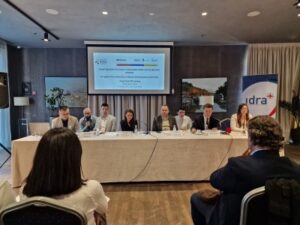The overarching goal of our initiative is to advance the rule of law, facilitate effective administration of justice, and prevent corruption within the higher education systems of Albania, North Macedonia, and Serbia.
This collaborative effort is made possible in the framework of the regional grant of the “SMART Balkans – Civil Society for Shared Society in the Western Balkans” regional project implemented by Centar za promociju civilnog društva (CPCD), Center for Research and Policy Making (CRPM) and Institute for Democracy and Mediation (IDM) and financially supported by the Norwegian Ministry of Foreign Affairs (NMFA).
The Western Balkans region and the project’s target countries (Albania, North Macedonia, and Serbia) have grappled with corruption issues for a significant period. While several initiatives have been implemented in the last decade, there has been a notable absence of a focused approach to addressing corruption in the higher education sector.
In the latest 2022 EU progress reports, criticism was directed at all three countries for their existing mechanisms for reporting and preventing corruption. Notably, the assessment of Chapter 23 indicated varying degrees of preparation in implementing EU acquis and European standards in the judiciary and fundamental rights, with Albania making good progress, North Macedonia showing some progress, and Serbia experiencing limited progress.
The initial desk review highlighted regional trends and challenges, including:
- Lack of comprehensive research and data on corruption prevention mechanisms.
- Absence of initiatives to combat corruption in higher education.
- Low levels of corruption reporting due to awareness and knowledge gaps among students.
- Passive institutions and bodies mandated to act upon corruption reports.
- Inadequate quality of the legal framework and the need to adopt and implement strategic documents.
- Low levels of trust in competent authorities.
- Lack of media visibility on the topic.
Through this project, the three partnering countries will work on the following, aiming to shed light on this topic through a focused research and analysis approach:
- A baseline face-to-face research with 300 students per country (3 universities per country – total 9 universities and 900 students surveyed through Computer Assisted Personal Interviewing)
- A qualitative research component, with in-depth interviews with at least 5 stakeholders per country (15 in total), legal analysis, desk research and use of requests for free access to public information.
- A Policy brief, to offer precise conclusions operationalized in tangible recommendations for the policymakers and relevant stakeholders.
- A Corruption Prevention Guide, supported by the Toolkit of relevant best practices – with an aim to describe the procedure for the protection of students’ rights in a simple way based on a step-by-step approach in each country.
In addition, the projects aims to ensure knowledge transfer/capacity building and innovation through the following:
- Capacity-building workshops in all three countries – two per country in different cities (each workshop with 20 participants). The workshop curriculum will be primarily based on the research findings and policy brief.
- A Summer school to be organized at Ohrid lake in North Macedonia. A total of 30 students – participants (10 per country) will be selected through a public call to attend a 3-day summer school on advanced practices for corruption prevention.
- The Consortium will develop a chatbot – an interactive bot that can provide any information relevant to varieties of corruption in higher education and corruption preventive mechanisms with guides and advices that are adjusted to users.
Specific Objectives (Outcomes):
- Raise Awareness: Foster awareness among all stakeholders in the higher education system for the effective implementation of corruption prevention mechanisms.
- Capacity Building: Strengthen the capacities of university administration, management, students, student bodies, and organizations to implement existing legislation for corruption prevention and develop new instruments to address emerging challenges.
- Enabling Environment: Promote the establishment of an enabling environment for reporting corruption through better-informed stakeholders and the general public.
Target Groups:
- Activists, non-formal groups, student organizations’ representatives.
- Public university administration and management.
- Civil society representatives.
- Other competent stakeholders.
Beneficiaries: Students, university employees, the Ministry of Education, law enforcement agencies (including national corruption prevention bodies), media, and the general public.
Estimated Outputs:
- R1: Strengthened regional cooperation between partners from the targeted countries and relevant national authorities competent for corruption prevention in higher education.
- R2: Improved capacities for corruption prevention at universities.
- R3: Demonstrated a more active role of civil society in corruption prevention at national and regional levels.
- R4: Better-informed stakeholders and the general public regarding the issues at hand.
Gender Mainstreaming: Our project is committed to gender mainstreaming as a cross-cutting issue. Gender considerations will be integrated into all project activities, ensuring gender quotas in survey samples, workshop participation, and other capacity-building activities.
At the project’s conclusion, beneficiaries will possess enhanced knowledge and skills to report corruption, a wider array of information distribution instruments, a developed university mechanism for reporting in line with national legislation, heightened public awareness, and an overall more conducive environment for reporting corruption in higher education.
